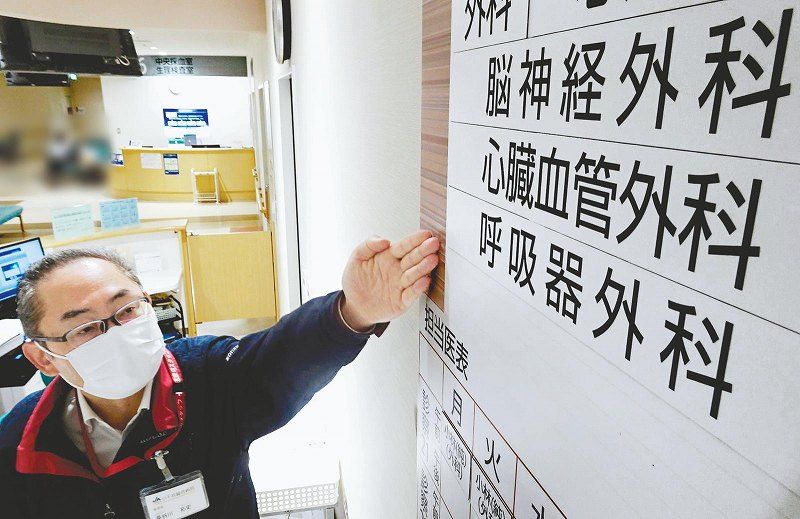Japan's Hospital Sector Faces Financial Crisis as Prices and Labor Costs Soar

TOKYO, JUNE 16 - Japan's hospital sector is facing a severe financial crisis due to rising prices and labor costs, which are forcing institutions to reduce medical services or struggle with debilitating deficits.
Ojiya General Hospital in Niigata Prefecture posted a staggering deficit of over ¥500 million in fiscal 2023, leading it to discontinue several surgical departments to cut costs. Patients are now forced to travel to neighboring hospitals for treatment.
The Japan Association of Welfare and Healthcare Federation has warned that the situation could worsen, with expected deficits reaching a record high of ¥6 billion to ¥9 billion in fiscal 2024.
"We made tough decisions last year, but this will definitely cause inconvenience to our patients," said Masahiko Yanagi, director of Ojiya General Hospital.
Experts point to inefficient hospital management as a major contributor to the crisis. The Association of Japanese Healthcare Corporations conducted an emergency survey on hospitals' business conditions and found nearly 60% of respondents had posted ordinary losses for the second half of 2024.
The government's failure to allow medical institutions to increase prices accordingly has exacerbated the problem. Medical fees are determined by the government and revised every two years, leaving institutions with little room for maneuver in the face of rising costs.
"The situation is getting critical," warned Yoshihiro Ota, vice chairman of the Association of Japanese Healthcare Corporations. "We're seeing hospitals being pushed to the edge."
University hospitals are also feeling the pinch, with institutions such as Nagasaki University struggling to replace aging medical equipment due to high costs.
"Tertiary care levels will stagnate if we can't provide modern facilities," said Makoto Osaki, director of Nagasaki University Hospital.
The Health, Labor and Welfare Ministry has pledged emergency assistance to hospitals through loans up to ¥720 million for up to five years. However, experts are calling for a broader review of medical fees in light of rising costs and labor costs.
"The government should address the root cause of this crisis," said Kenji Shimazaki, professor of medical policy at the International University of Health and Welfare.
Others caution against unconditionally increasing medical fees for all hospitals, pointing to instances where some institutions have successfully managed their finances through targeted improvements.
